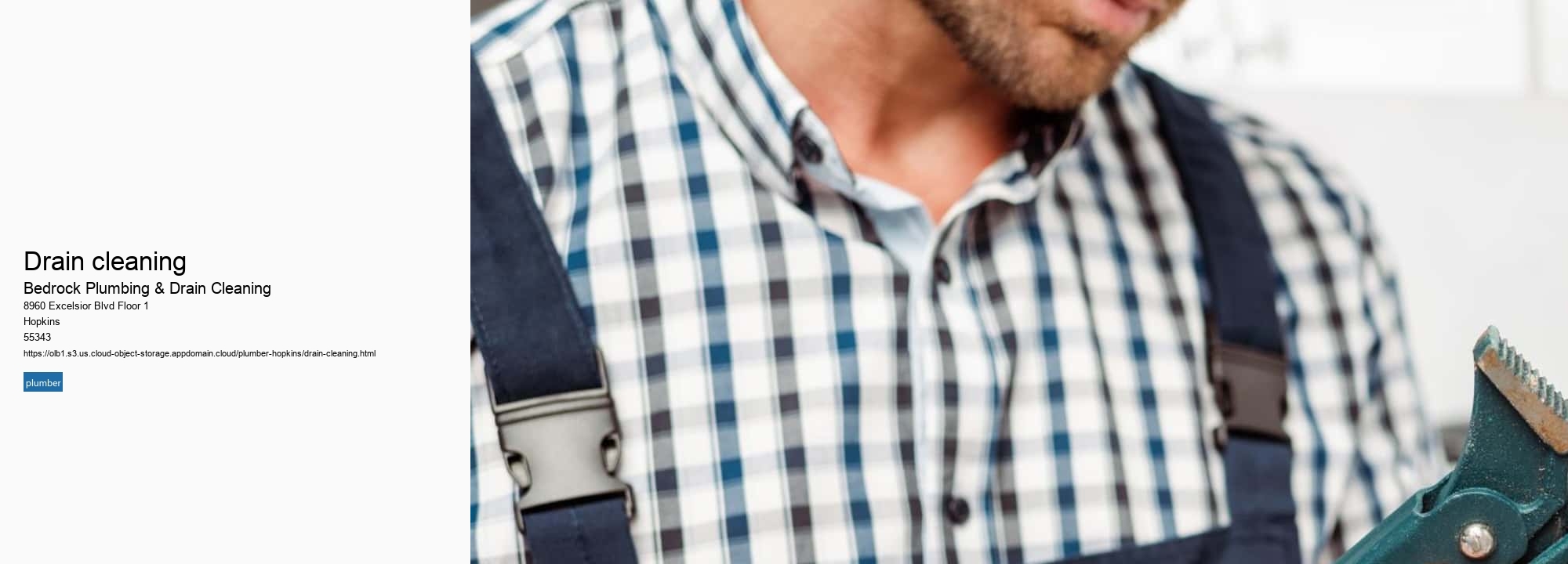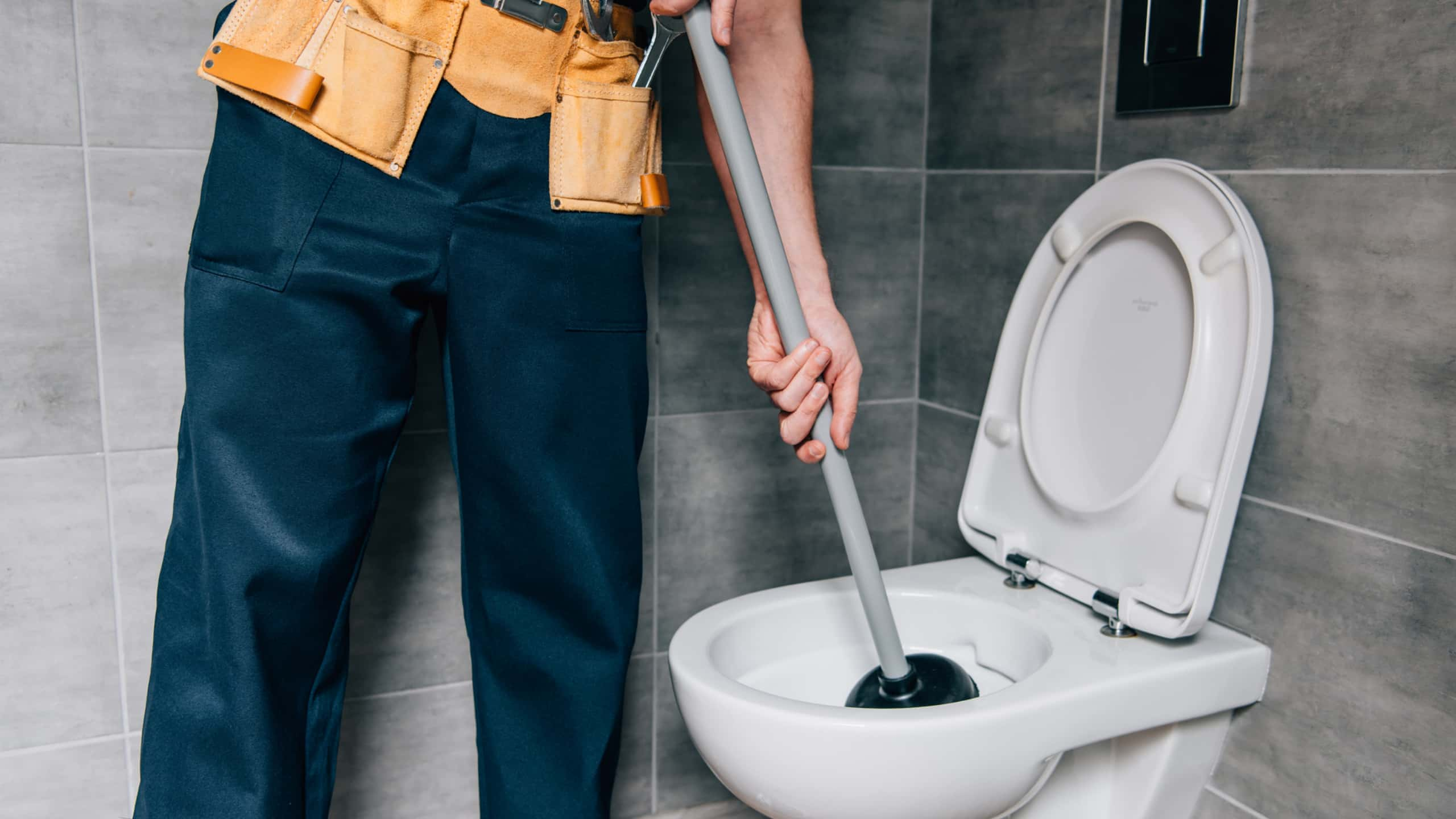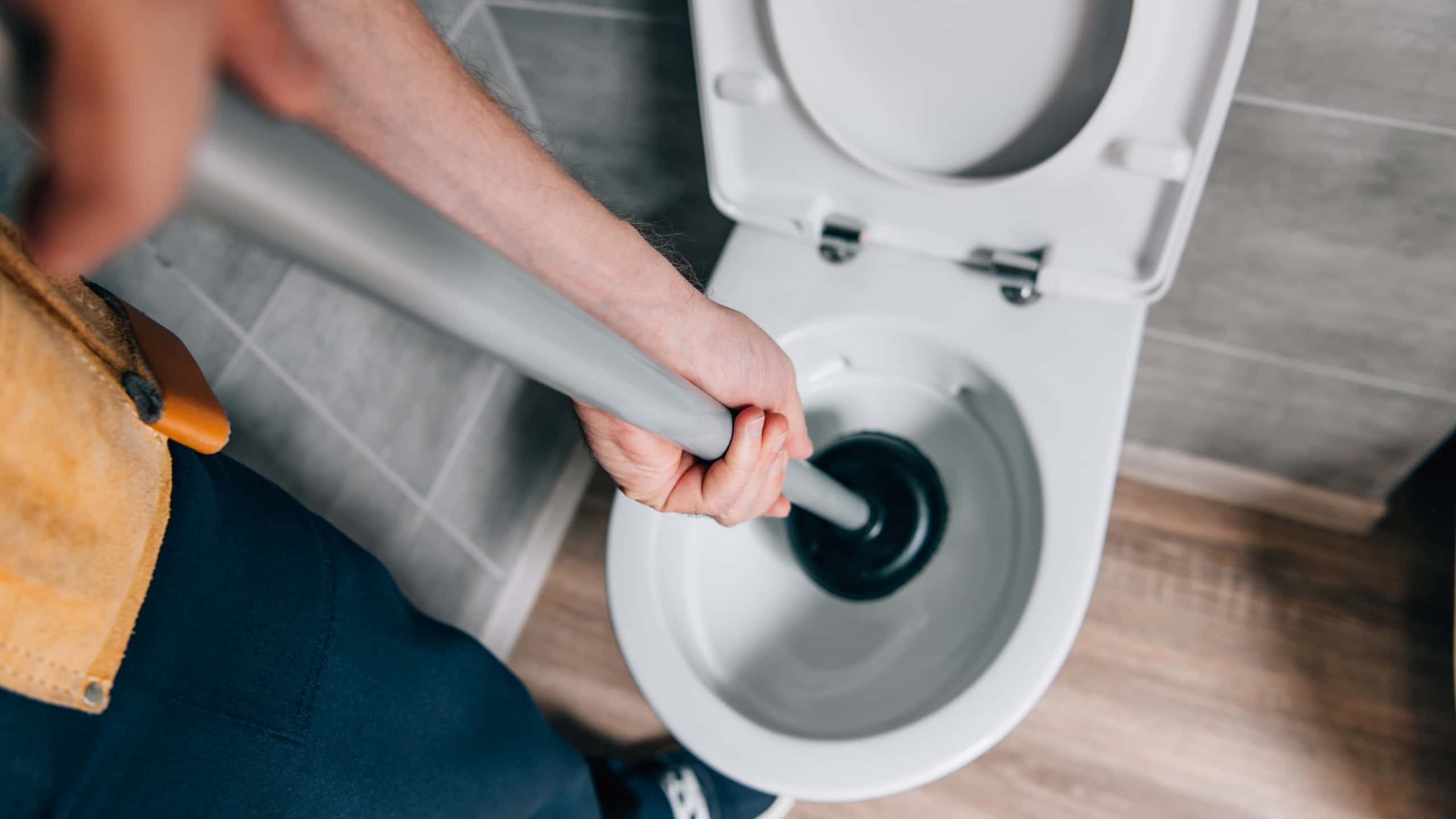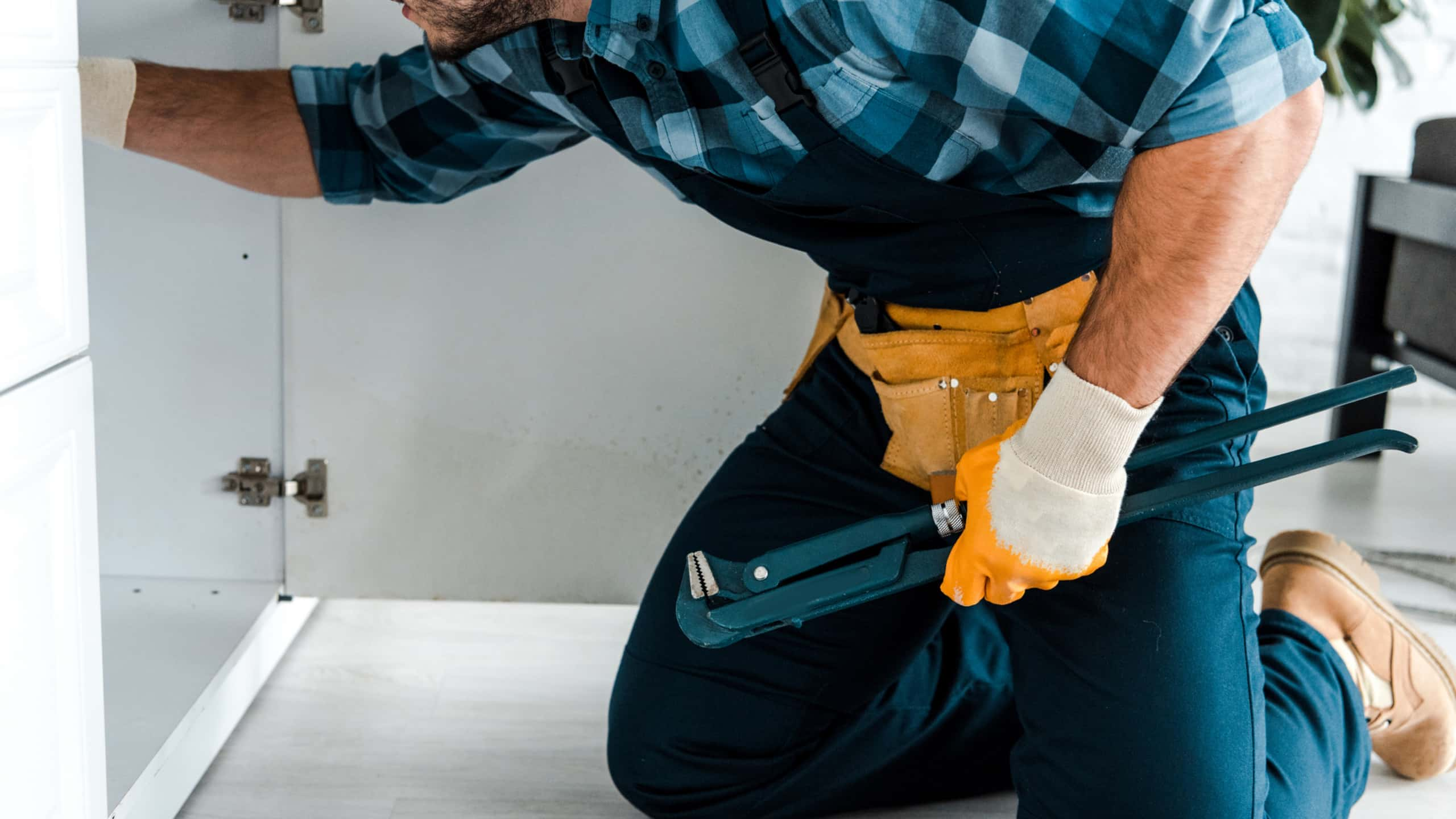






Do pipes need to be cleaned? This is an important question that plumbers and homeowners have to consider. Negatively, not all pipes need to be cleaned, but it depends on the situation at hand. For example, if a pipe has been clogged due to debris buildup, then cleaning will be necessary. However, if the pipe is simply leaking or corroded, it may not require any cleaning.
Moreover, different types of pipes need to be treated differently when considering whether they should be cleaned or not. PVC pipes can usually withstand high levels of pressure and are less likely to require cleaning than metal pipes which tend to corrode easily and can become blocked with limescale or other debris over time.
Plumbers are professionals who use specialized tools and materials to fix and maintain plumbing systems. They don't just rely on spanners or hammers, but instead use a variety of instruments and techniques that help them complete their tasks. Surprisingly enough, plumbers don't utilize everyday items such as duct tape or WD-40; instead they employ various gadgets that enable them to do their job correctly.
To begin with, plumbers use augers to clear clogged drains. An auger is a tool consisting of a long metal shaft that has an adjustable head with multiple cutting blades at the end of it. This allows the plumber to cut through waste material stuck in the pipes without damaging them. Additionally, pipe wrenches are used to tighten and loosen nuts or bolts on pipe fittings. These allow the user to easily adjust the fittings for optimum performance.
Plumbers have a lot of responsibilities when it comes to cleaning pipes. They must assess the situation, determine what type of pipe needs to be cleaned, and decide on the best way to clean it. One common method they use is snaking, which involves sending a long cable with an attached cutting head into the pipe. This allows them to break up any clogs or debris that may be blocking the flow of water.
Another popular technique is hydro-jetting, which uses high-pressure jets of water to scour away sludge buildup inside pipes. Not only does this effectively remove blockages, but it can also help prevent future problems by removing any built-up residue. Plumbers may also opt for chemical treatments if necessary; these involve pouring specialized solutions down drains that dissolve grease and other types of grime.
Additionally, plumbers will often check pipes manually by using video inspection equipment or other tools like augers and borescopes. This enables them to diagnose issues more accurately and identify any areas where further action may need to be taken. Finally, after all other methods have been exhausted, plumbers may turn to traditional manual scrubbing with wire brushes and hand scrapers for particularly stubborn clogs or buildups in hard-to-reach places.